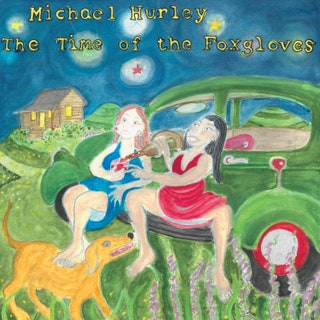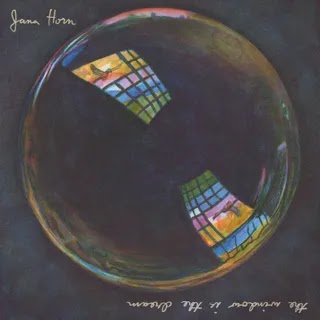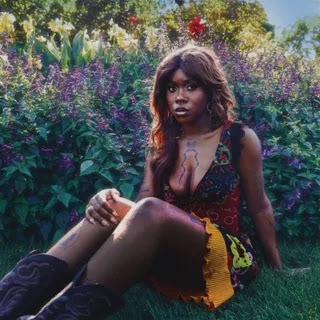As he approaches his eightieth year, the veteran folk craftsman embraces good times and creature comforts on a collection of homespun tunes that radiates his familiar charm and insight.
Michael Hurley is nothing if not dependable. Every few years since his debut in 1964, he’s released another collection of homespun tunes from wherever he was laying his head. Each album treads similar ground as the last—absurdist tales sung with the conviction of a sage, shoulda-been folk standards, and honest-to-God standards dressed up in their rattiest outfits—but that barely matters. Hurley steadfastly follows his own compass, always pointed slightly askew of true north, and does what he does with the workaday dedication of a craftsman. His songs often contain flashes of brilliance, but it’s his consistency that makes him such a remarkable figure and a hero to the counter-cultural folk milieu.
As such, despite its upgrade in fidelity, diversity of instrumentation, and a jump to a more established label, The Time of the Foxgloves is not an attempt to inaugurate a late-period renaissance. This is just how it’s always been, even during periods where there was less attention paid to his latest recordings. Foxgloves is as charming and insightful as any of Hurley’s albums, and it radiates intimacy and coziness even with an expansive list of collaborators. He’s joined by several other singers, most notably Josephine Foster, and each duet feels like a conversation between old friends. Moving his operation out of his living room in Astoria, Oregon and into a professional studio has done nothing to diminish the rustic feel of his music; Hurley still recorded his parts on the same four-track he’s used for years, and the first sound you hear before the soft strum of acoustic guitar is warm tape hiss.
Creature comforts and good times dominate the songs on Foxgloves. There’s the shared glow of having a drink with a close confidant (“Beer, Ale and Wine”), the joy of a nighttime rendezvous with a lover (“Love Is the Closest Thing”), and the warmth of returning to one’s homeland (a ramshackle cover of the Louvin Brothers’ “Alabama”). Even when Hurley sings of painful ordeals, like on “Are You Here For the Festival,” which opens with inquiries into a broken heart, it’s tempered by the promise of a full belly and good music. Last year, Hurley described himself as “ruthless, callous, mean, ornery,” but when listening to these songs it’s hard to imagine a rotten word passing his lips. All we get here is his gentle, age-worn tenor asking to be left alone by sorrow as he takes in the unrefined beauty of the Oregon woodland.
That particular reflection takes place on “Lush Green Trees,” an unhurried number that trots between folk and jazz, joining Hurley’s lone guitar with a bass clarinet that gingerly swings and dances around his hushed voice. Though not all of the songs on Foxgloves are as slow, enough are to give nearly the whole affair (especially the second half) a languid, dreamy quality. The instrumental “Knocko the Monk” features Hurley on banjo tracing a spare, twangy melody over a bed of droning pump organ. Even the slinking “Se Fue en la Noche,” the song that most resembles the most popular work of his ’70s heyday, is easygoing and unobtrusive. Thankfully, Hurley’s songwriting is quirky enough to save the album from becoming sleepy, as he slyly zig-zags between slack and slanted takes on bluegrass, country, and blues.
Listening to a new Michael Hurley album is like sinking into a well-worn couch cushion; we’ve been here before, but that doesn’t mean it’s any less satisfying than the last dozen times we’ve taken a load off in this exact spot. Right down to the hand-painted cover, Foxgloves fits the mold and goes down smooth. Even as he approaches 80, Hurley’s ability to synthesize different strains of American traditional music and twist them to fit his own idiosyncratic vision is as sharp as ever, and the effortlessness of it all testifies to many years of practice and refinement. Just because the sun goes down every day doesn’t make today’s sunset any less spectacular.
















0 comments:
Post a Comment